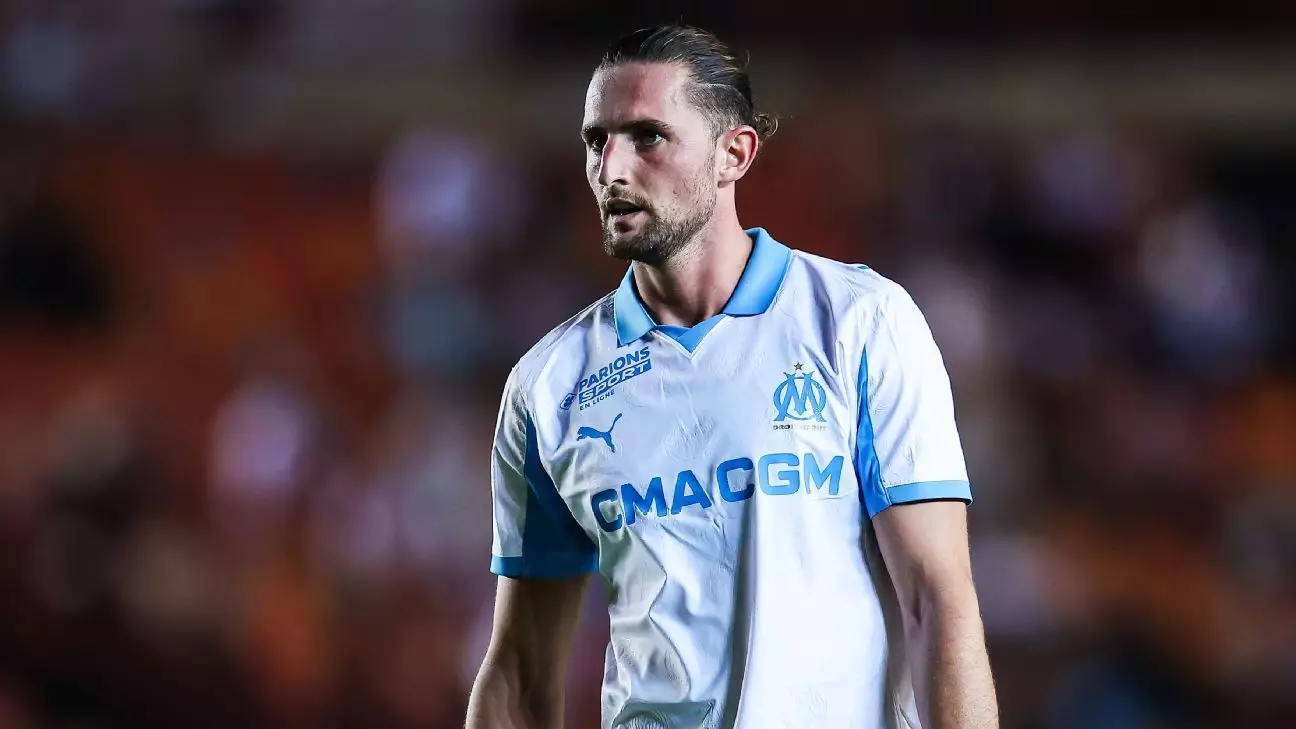In a surprisingly uncompromising stance, Marseille’s management, led by Roberto De Zerbi, has taken a stand against misconduct by publicly dismissing two players involved in a heated altercation. This decision underscores a fundamental shift in how clubs are willing to uphold discipline, emphasizing that professionalism and respect are non-negotiable. In an era when approachability often takes precedence over accountability, Marseille’s firm action signals a reassertion of high standards that transcend immediate results. It highlights an important lesson: success on the pitch is inevitably intertwined with a culture of mutual respect and collective discipline.
By putting Rabiot and Rowe on the transfer list, the club asserts that disruptive behavior hampers team cohesion and project a negative image to fans and stakeholders. This move also sends a clear message to other players and clubs alike: personal conflicts cannot be ignored or swept under the rug. Instead, they demand decisive intervention to preserve the integrity of the team environment. It is a stark reminder that the cultivation of a positive locker room environment is as vital as tactical planning or recruitment strategies.
Discipline as a Reflection of Leadership and Values
The decision by De Zerbi reflects a broader philosophy that values leadership rooted in integrity. It challenges the notion that individual talent outweighs character and discipline. Rabiot, a seasoned international, and Rowe, a promising young winger, both possess undeniable talent but evidently lacked maturity during their confrontation. Their clash accentuates the importance of emotional intelligence and resilience, especially in high-stakes environments.
The incident also overshadows the late-stage transfer possibilities and market value of the players involved. Rabiot, with experience in top European leagues, remains a valuable asset, yet his future is now uncertain, dependent on whether clubs are willing to invest in his technical skills, despite recent behavioral issues. Meanwhile, Rowe’s youth and potential make him an intriguing prospect for clubs seeking energetic wing play. Marseille’s decision to prioritize squad harmony over individual talent exemplifies how leadership must sometimes make tough choices to uphold the club’s identity and long-term objectives.
The Power of Principles in Building a Resilient Squad
This episode exemplifies the importance of leading by example in professional sports. It underscores that short-term fixes, like ignoring conflicts or protecting star players at the expense of discipline, often lead to long-term instability. Marseille’s firm stance could be seen as a catalyst for fostering resilience and accountability within their squad. Strengthening team dynamics requires confronting issues head-on and establishing clear boundaries—particularly when emotional outbursts threaten to destabilize the collective effort.
Ultimately, clubs that prioritize character and professionalism cultivate a culture where accountability thrives. Marseille’s decisive action sets a precedent, urging other teams to reconsider their approach toward internal discipline. It is a reminder that great teams are built not merely on talent but also on shared values, mutual respect, and the unwavering commitment to uphold standards, no matter how talented or influential an individual might be. Such principles forge teams capable of overcoming adversity, inspiring growth, and securing sustained success.

